Frontiers of Sciences
March 14, 2024
Temple University, Philadelphia
Philadelphia is a major center of science and has a rich history of scientific innovation and cutting-edge research. It is home to renowned universities and research institutions, including the University of Pennsylvania (UPenn), Drexel University, Thomas Jefferson University, Temple University and many others. These institutions are driving cutting-edge research in "frontier science", i.e. the exploration and investigation of scientific areas that lie at the edge of current knowledge and understanding. Nothing proves this more than the fact that two outstanding scientists working and living in Philadelphia, Katalin Kariko and Drew Weismann, have jointly been awarded the 2023 Nobel Prize in Physiology or Medicine for their discoveries on nucleoside base modifications that have enabled the development of effective mRNA (messenger ribonucleic acid) vaccines against COVID-19. Katalin Karikó is affiliated to the Szeged University, Hungary and University of Pennsylvania. Drew Weissman is affiliated to the Penn Institute for RNA Innovations University of Pennsylvania.
The city is well poised to be one of the leading centers for frontier research, testing and fleshing out scientific ideas that are relatively new and not yet supported by years of scientific evidence. Pioneering research takes place at the frontiers of knowledge in a particular field. To name just a few scientific areas where we can expect such breakthroughs, leading to uncharted territories and unimaginable prospects, are the following.
Artificial intelligence and machine learning are dynamic frontiers of computer science and engineering. Researchers are exploring algorithms, neural networks and deep learning architectures to develop intelligent systems that process natural language, make decisions autonomously and find creative solutions to problems.Astrophysics and cosmology explore the vastness of the universe, its origin, evolution and fundamental structure, as well as phenomena such as black holes, dark matter and dark energy, seeking to understand the fundamental forces and dynamics that govern the cosmos.
Biotechnology and genetic engineering explore techniques of gene editing, synthetic biology and genetic modification to develop new treatments for diseases, increase crop yields and solve environmental problems.
Climate science and environmental sustainability focuses on understanding the Earth's complex systems, researching climate feedback mechanisms, predicting extreme weather events and assessing the impact of human activities on ecosystems.
Nanotechnology and materials science researches nanomaterials for applications in electronics, medicine, energy storage and environmental remediation, and drives innovation in areas such as nanoelectronics, nanomedicine and nanocomposites.
Neuroscience and brain mapping use advanced imaging techniques, computer modeling and neuroinformatics to map the structure and function of the brain, decode neural circuits and develop treatments for neurological disorders.
Quantum mechanics and quantum computing explore the world of subatomic particles, quantum entanglement and superposition and seek to harness these phenomena for quantum computing, cryptography and communication.
Philadelphia's great higher education institutions, excellent scientists and outstanding funding make the city one of the centers best prepared to push the boundaries of science in all these areas. Add to this a colorful past of significant contributions to science, such as the work of Benjamin Franklin. The city's museums, libraries and historic sites honor these achievements and inspire future generations of scientists and innovators. That's why we believe there could hardly be a better place than Philadelphia for the second conference in the John von Neumann Series of Pure and Applied Sciences, entitled Exploring the Frontiers of Sciences, Learning from the Past, Sharing for the Future.
Program
Meet Our Speakers!
Click to flip for introduction!
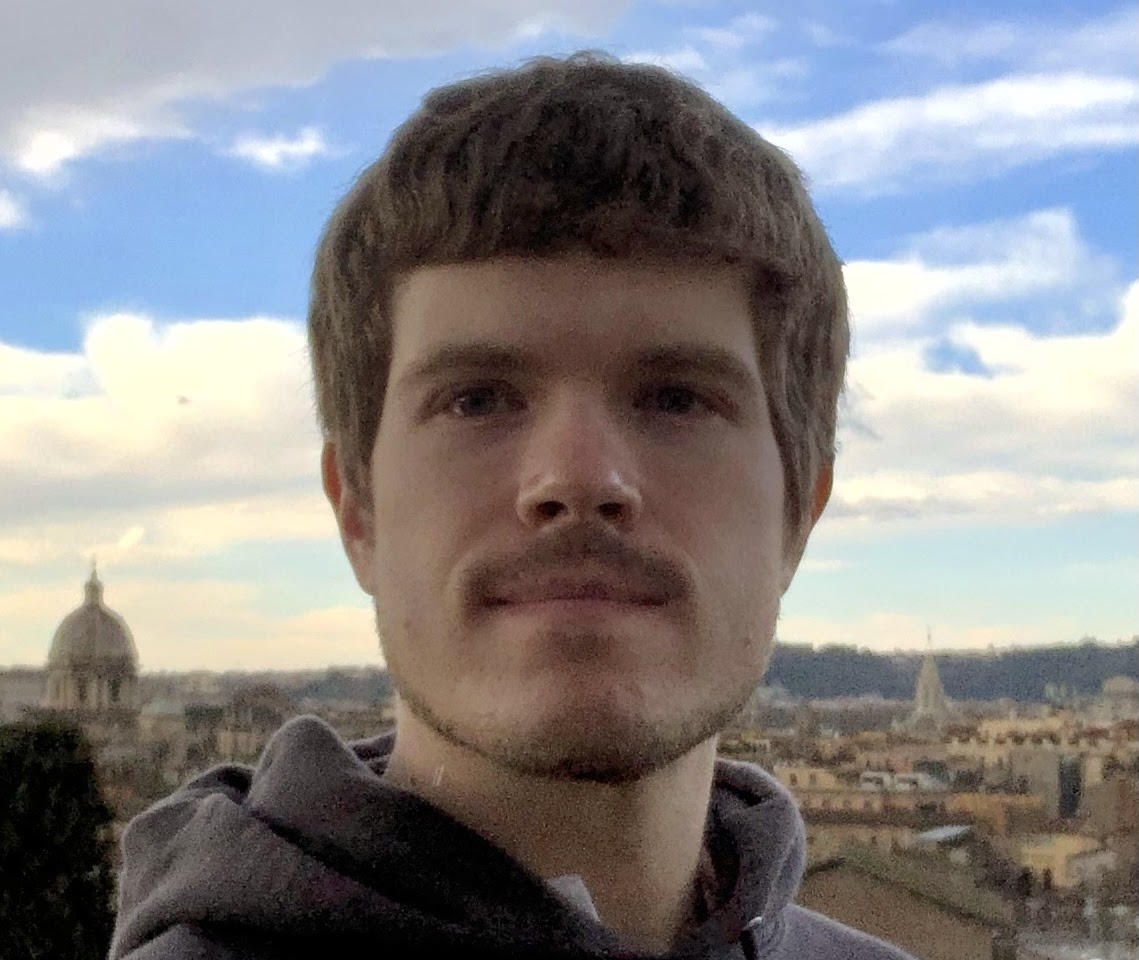
Allard, John
John is in his 3rd year in Temple University's Bioinformatics PhD program where he is co-advised by professors Sudhir Kumar and Glenn Gerhard. His research focuses on developing new computational methods for comparative genomics to reveal the genetic basis of biological traits that have evolved repeatedly and independently. His special interest is in understanding the evolution of extreme longevity in animals. John received his B.S. and M.S. in cellular and molecular biology from the University of Michigan at Ann Arbor where his research focused on the biology of aging. He has published several scientific articles as a first author and was selected to present his research at the international conference of the Society for Molecular Biology and Evolution in 2023.
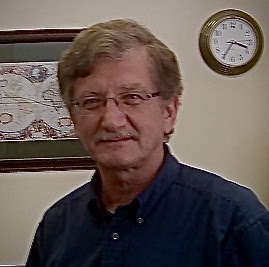
Bergou, János
János Bergou is a Hungarian physicist and academic who currently holds a professorship at Hunter College and the Graduate Center of the City University of New York. He has been a Fellow of the Optical Society of America since 2006, and the American Physical Society since 2009 for "outstanding work in the field of quantum optics and quantum information". He was awarded the Officer's Cross of the Order of Merit of the Republic of Hungary (2013). He is Honorary Doctor of the University of Pécs (2013) and External Member of the Chilean Academy of Science since 2017. He earned a Master of Science (1970) and a PhD summa cum laude in Theoretical Physics (1975) from the Loránd Eötvös University in Budapest. He received the degree of Doctor of Science from the Hungarian Academy of Sciences in 1994. He is the founding president of the New York Hungarian Scientific Society, which regularly brings together scientists born in Hungary and working in the United States.
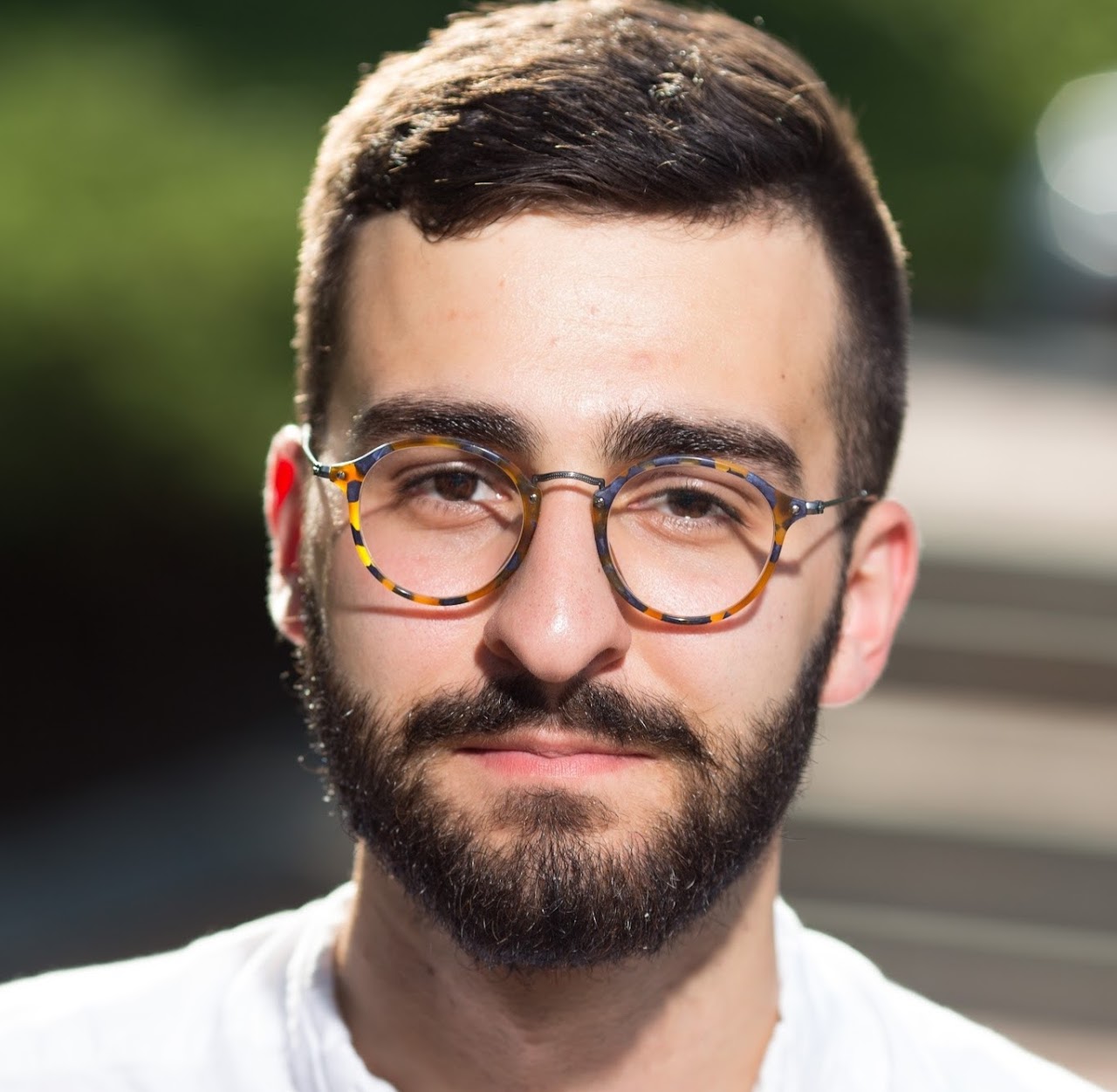
Barabasi, Dániel
Dániel Barabási is a Hungarian-American postdoctoral fellow at Harvard University, whose research integrates brain connectivity and gene expression maps to elucidate the rules by which neuronal circuits assemble. Through his work, Dániel shines a new light on innateness, finding that there is sufficient information in neuronal development to precisely wire every cell and every connection, even in the human brain. Dániel has driven this point home in his most recent paper, where he showed that the behavioral repertoire of a zebrafish can emerge even when the animal has had no brain activity, and thus had no opportunity to learn, for its entire life. Dániel received his B.S. in Physics from the University of Notre Dame in 2017, where he worked on network models of brain connectivity, and was awarded a PhD in Biophysics from Harvard in 2023. Dániel is currently funded by a New Science Fellowship. Outside of research, Dániel is an artist and a community builder. In 2023, along with Balázs Csizik, he exhibited "Biophilia," reflecting on the parallels between biological and urban growth.
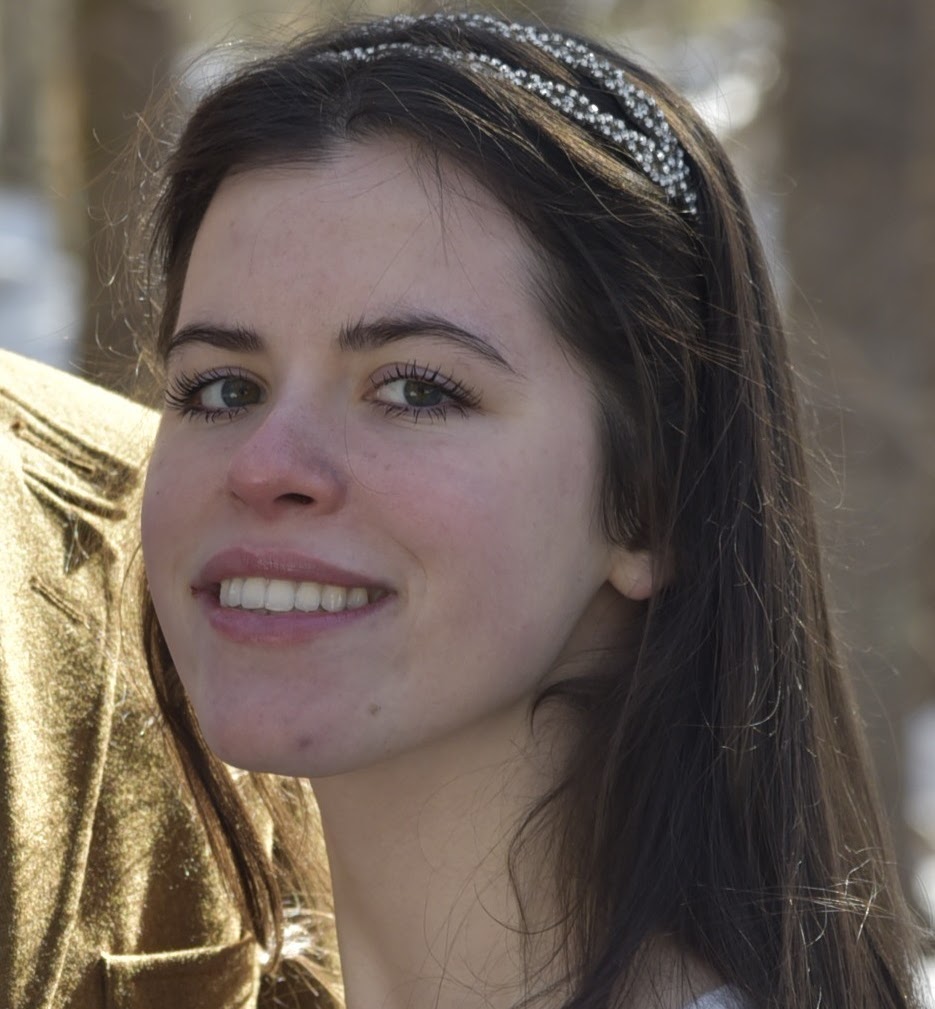
Bojboi, Rebeka
Rebeka is a third year undergraduate student at Columbia University in New York. She is studying Computer Science and Neuroscience, and is part of the I.I. Rabi Scholarship program, through which she was able to spend a summer researching the structural and molecular basis of neurodegeneration using cryo-electron microscopy under Dr. Anthony Fitzpatrick at the Zuckerman Institute, focusing on the role of TMEM-106B. She is intending to spend this upcoming summer studying the links between cognition and decision making in behavioral, computational and physiological terms. Her current research interests include natural language processing and the development of biomedical imaging techniques. Originally from Szeged, Hungary, Rebeka is hoping that she can help more students from home navigate the American University system, as she too benefited from being part of the Sutton Trust Fulbright Program. She also trained to be an EMT, loves playing the violin with her cellist brother, and in her spare time took up sailing and fencing at Columbia.

Ecsedi, Boglárka
Boglárka Ecsedi is pursuing her Bachelor's degree in Computer Science at the Georgia Institute of Technology as a recipient of the prestigious Hungarian Stipendium Peregrinum Scholarship. She is a former Jr. Templeton Fellow and a winner of several national and international youth contests, including ISEF and EUCYS. She started her journey in AI research in 2019 in a summer program at the University of California Santa Cruz. Since then, she has contributed to high-impact software developments and co-authored several publications. She has been working on radiomic and Machine Learning-based approaches in clinical tasks and medical imaging in Dr. Laszlo Papp's research group at the Medical University of Vienna. She is also conducting research in core machine learning and computer vision in Dr. Judy Hoffman's group at Georgia Tech. Boglárka's current research interests include representation learning, interpretability, regularization, and robustness in artificial neural networks and computer vision.
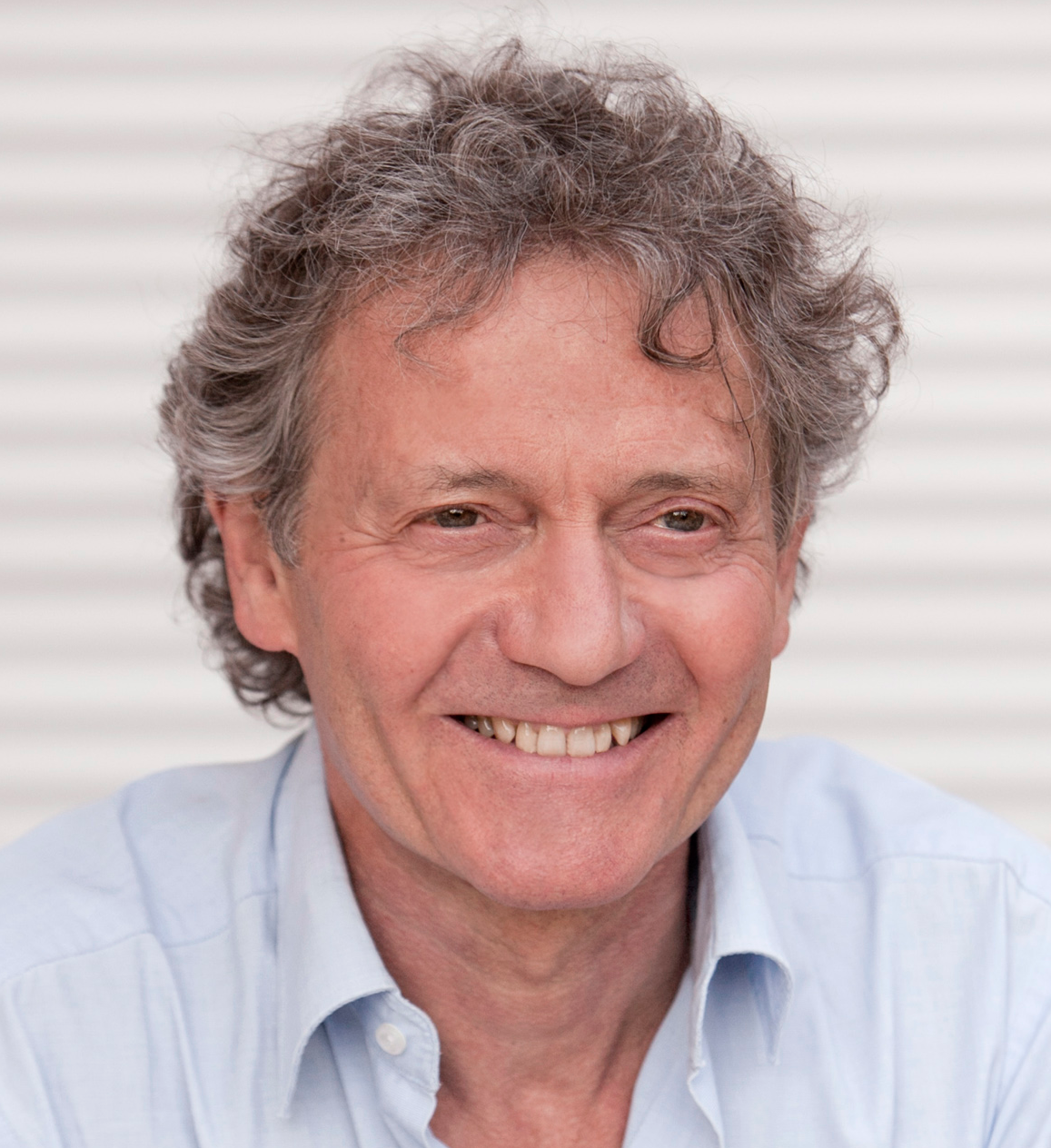
Forgacs, Gabor.
Gabor Forgacs is a theoretical physicist turned biophysicist turned bioengineer turned innovator and entrepreneur. His academic affiliations include the George Vineyard Chair in Biophysics at the University of Missouri and the Chanderna-Stirkey Chair in Theoretical Physics at Clarkson University. He is the scientific founder of Organovo, Modern Meadow and Fork & Good and serves as the Chief Scientific Officer of the latter. He was trained at the Roland Eotvos University, Budapest, Hungary where he earned a MS and a PhD in theoretical physics. He has been recognized by numerous prizes and awards. He is a member of the United States' National Academy of Innovators and was named as one of the "100 most innovative people in business in 2010" by FastCompany. Dr. Forgacs is the author of over 200 scientific publications, 5 books and inventor/co-inventor on over 80 issued patents. He is the recipient of numerous federal grants by NSF, NIH, NASA, USDA, etc. He is the Fellow of the American Physical Society and member of the National Academy of Inventors USA.
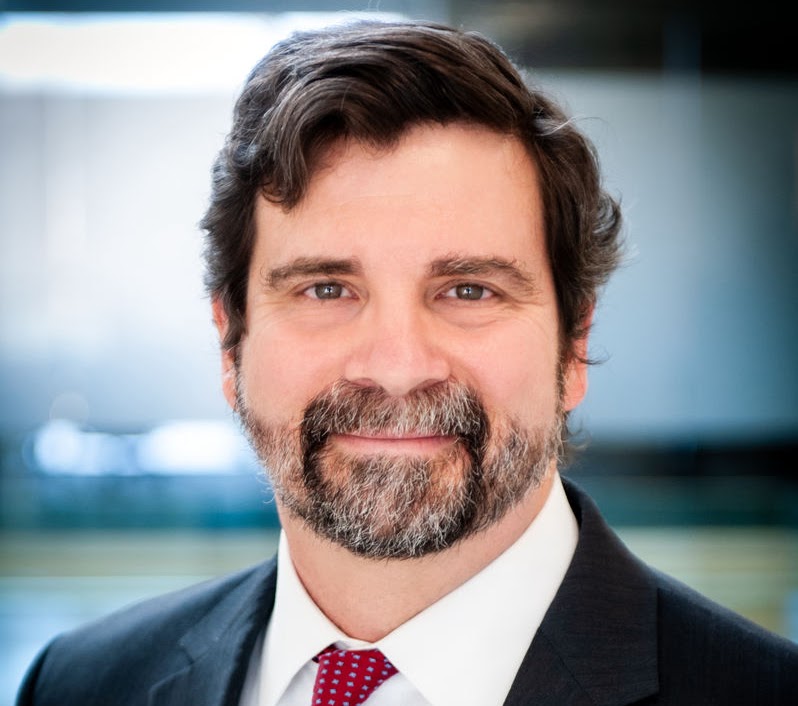
Gladden, Joseph
Dr. Joseph (Josh) Gladden is Vice President for Research at Temple University. He oversees the research enterprise for the university, including strategic research initiatives, technology transfer, research integrity and compliance, and grant administration. He joins Temple after serving as the University of Mississippi's vice chancellor for research and sponsored programs and professor of physics in the school's Department of Physics. Dr. Gladden earned his doctoral degree in physics from the Pennsylvania State University. He holds a master's degree in physics from the University of Montana and earned his bachelor's degree at the University of the South.
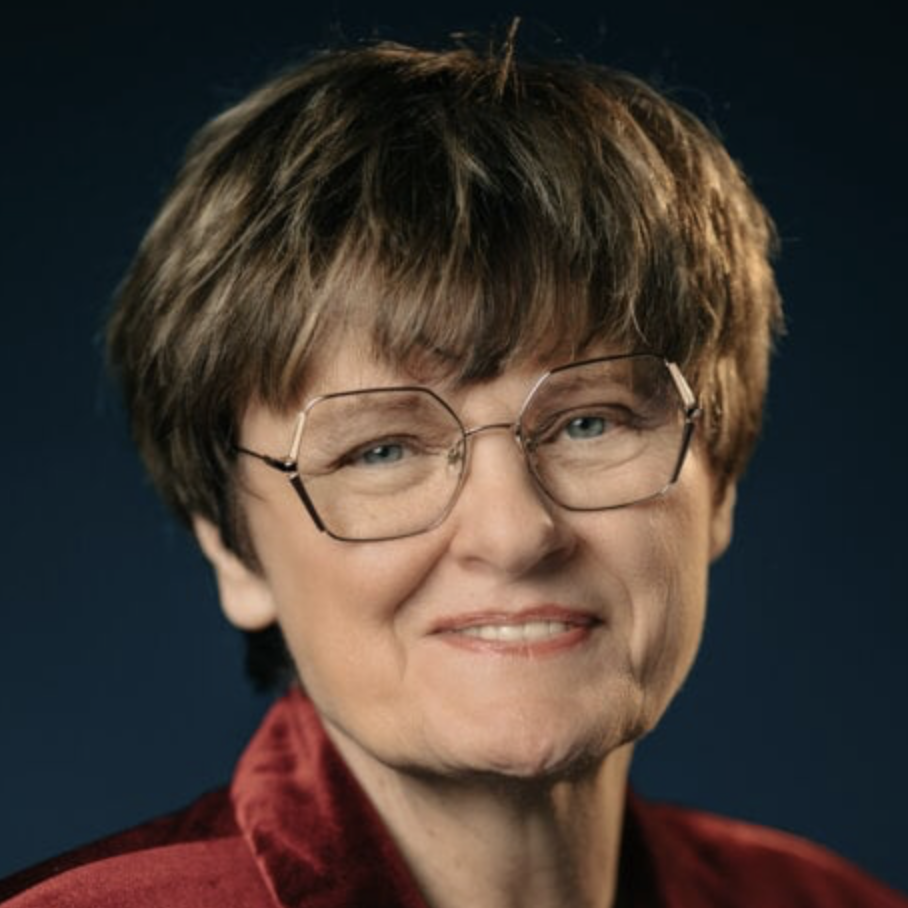
Kariko, Katalin
Katalin Karikó is a Hungarian-American biochemist who specializes in ribonucleic acid (RNA)-mediated mechanisms, particularly in vitro-transcribed messenger RNA (mRNA) for protein replacement therapy. Karikó laid the scientific groundwork for mRNA vaccines, overcoming major obstacles and skepticism in the scientific community. Karikó received the Nobel Prize in Physiology or Medicine in 2023 for her work, along with immunologist Drew Weissman. Karikó co-founded and was CEO of RNARx from 2006 to 2013.From 2013 to 2022, she was associated with BioNTech RNA Pharmaceuticals, first as a vice president and promoted to senior vice president in 2019. In 2021, she received an honorary doctorate from the University of Szeged in Hungary, where she has since become a professor. Karikó's research and its specializations have a broad impact with potential implications for areas such as the generation of pluripotent stem cells, and messenger RNA-based gene therapy, as well as "a new class of drugs".
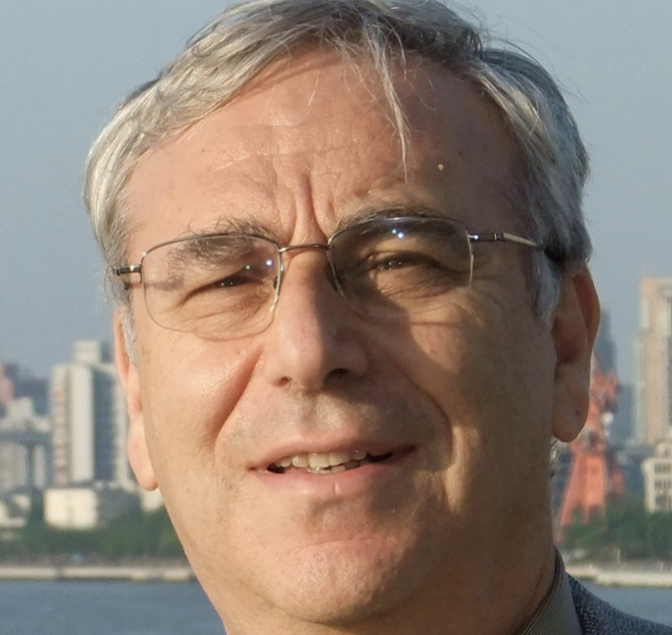
Lelkes I, Peter
Peter I. Lelkes obtained his PhD in Biophysics from the RWTH Aachen, Germany (1977), and worked at the Weizmann Inst. Rehovot, Israel, the NIH, Bethesda, MD, the Univ. of Wisconsin, Madison, WI, and at Drexel Univ., Philadelphia. Since 2012 is the Laura H. Carnell Professor and Founding Chair of the Department of Bioengineering at Temple Univ., where he directs a interdisciplinary program in regenerative tissue engineering, focusing on nanotechnology-based smart biomaterials and soft tissue engineering. His laboratory leverages developmental biological principles to enhance the tissue-specific differentiation of embryonic and adult stem cells towards pulmonary, cardiac, and neuronal lineages. Dr. Lelkes has organized several Keystone conferences, published more than 175 peer-reviewed papers, authored more than 50 books / book chapters and made more than 400 presentations nationally and internationally. In his "free-time" Dr. Lelkes is an active chamber musician and likes to hike in the mountains.
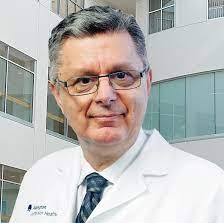
Plestis, Konstadinos
Konstadinos Plestis, MD is a Cardiothoracic surgeon with extensive experience in Aortic Aneurysms and Dissection in Philadelphia, PA. He has over 36 years of experience in the medical field and is certified with the American Board of Surgery. Dr. Plestis graduated from Aristotelian Univ, Thessaloniki, Greece in 1987. He completed his residency in vascular surgery at Baylor College in Houston, Texas, where he trained with Dr. Michael DeBakey during the beginning of the development of modern aortic surgery in the early 1990s. He then completed a residency in cardiothoracic surgery at Montefiore Medical Center. Dr. Plestis is now the Director of the Jefferson Aortic Center performing more than 1,600 complex aortic surgeries, with most cases being done through a minimally invasive incision. His mortality rate for elective and emergency aortic cases is one of the best in the nation.
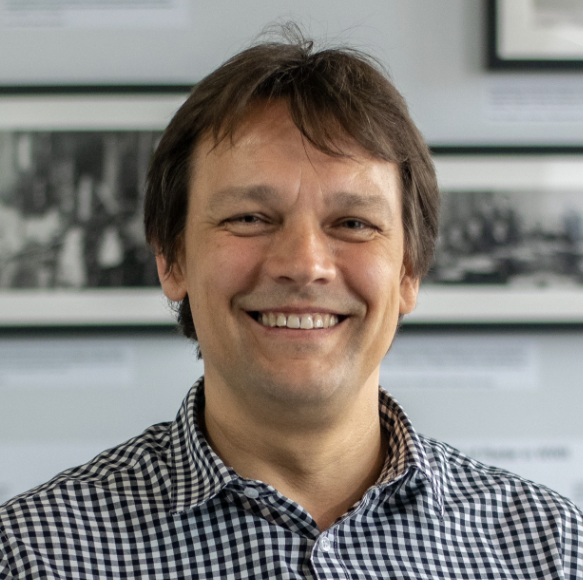
Marka, Szabolcs
Marka Szabolcs is the co-discoverer of cosmic gravitational waves; his extensive research ranges from astrophysics to biophysics. After graduating from Kossuth Lajos University in Hungary, he earned his doctorate at Vanderbilt University in the United States. He conducted research at Cornell University and the California Institute of Technology, and in 2004 he became a lecturer at Columbia University. His work is often covered by the international media, from the New York Times to Die Zeit to the Economist. He is the recipient of the Blavatnik Prize and co-winner of several prizes, including the Breakthrough Prize in Fundamental Physics and the Gruber Cosmology Prize. He strongly believes that in addition to the search for fundamental discoveries, scientists should also invest in improving human life by using their experience and creativity. He is convinced that science can make us live happier, healthier, and longer lives; moreover, engagement in art+explorations can make it worth living!
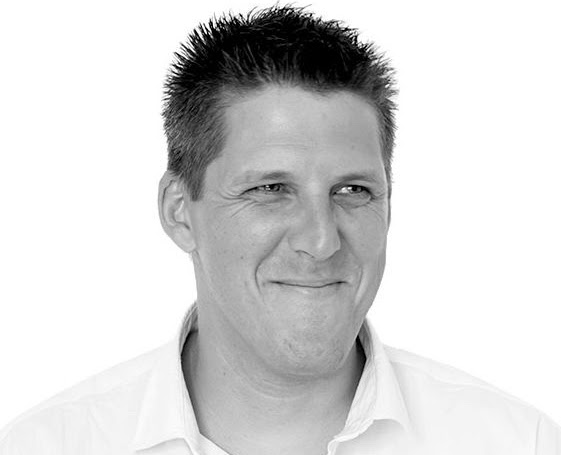
Mihalyfi, Zsolt
Zsolt Mihalyfi is a technology enthusiast, specialized in various imaging and visualization technologies, pushing the boundaries of human perception. His first company, 360world captured the largest resolution gigapixel panorama, invented 360 camera systems, head-tracking controlled PTZ cameras and telepresence solutions featuring depth cameras. He is working on fusing visible light with infrared in a headset equipped with see-through display allowing us to see animals and humans in the night, see inside walls and floors or see through smoke. He believes the biggest added value of mixed reality is in healthcare, so he co-founded a company which allows doctors to collaboratively work on MR, CT or other 3D medical data from any device with a link and then display the result for the surgeon superimposed on the patient in the operating room.
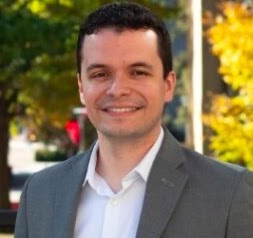
de Souza Martins, Lucas
Born and raised in São Paulo (Brazil), Lucas de Souza Martins is a Graduate School Fellow at Temple University where he is pursuing a PhD in Diplomatic History. His research is focused on the relationship between the United States and Latin America during the Cold War. Martins has also explored Brazil's transition to democracy in the late 1980s and Colombia's constituent process in 1991. His work is also currently supported by the Wilson Center's Cold War Archives Research Institute Fellowship. Prior to joining Temple, he received the Carter Center's Robert and Margaret Pastor Graduate Assistant Fellowship as he supported this organization in its electoral expert mission in Bogotá, Colombia last year. Previously, Martins had obtained a master's degree in American History from Georgia State University and worked as an International Affairs Aide at the Georgia State House of Representatives, and as a Press Officer at Brazil's Ministry of Foreign Affairs.
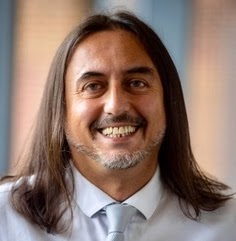
Mostafa, Miguel
Miguel Mostafá is a professor of physics and the Dean of the College of Science and Technology at Temple University since October 2023. He was assistant professor at the University of Utah and associate professor of physics at Colorado State University. He joined Penn State in 2013, where he was professor of physics and of astronomy & astrophysics, the director of the Center for Multimessenger Astrophysics, and the associate dean for research & innovation at the Eberly College of Science. His research interests are in high energy particle astrophysics, including the origin of cosmic rays, acceleration mechanisms, particle physics at energies above terrestrial accelerators, gamma-ray astronomy and the structure of the Galaxy, and the nature and properties of dark matter. He was elected fellow of the American Physical Society in 2016, and his teaching, mentoring, and research awards include the C.I. Noll Award for Excellence in Teaching, the Dean's Distinguished Mentoring Award and the Faculty Scholar Medal for Outstanding Accomplishments in the Physical Sciences at Penn State.

Nagy-Szakal, Dorottya
Dr. Nagy-Szakal currently holds a position as the Chief Medical Officer for Biotia, where she is responsible for the clinical molecular diagnostics lab that uses advanced genomic techniques and AI-powered reporting for clinical interpretation and pandemic response. Dr. Nagy-Szakal earned her MD and PhD in clinical medicine from Semmelweis University of Medicine in Hungary. Holding a research assistant professorship at SUNY Downstate Health Sciences University and previous postdoctoral fellowships at Baylor College of Medicine/Texas Children's Hospital and Columbia University, she has 15+ years of experience in translational medicine, pediatrics, gastroenterology and microbiology. She led cutting-edge clinical trials on fecal microbiota transplantation and developed a multi-center research program to understand the role of the gut-brain axis in the integrative neuroscience field with the ultimate goal of improving diagnostics and developing novel therapies. She is the President of the New York Hungarian Scientific Society.
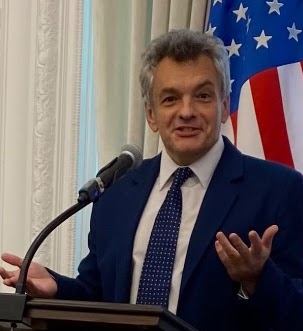
Novak, Tamas
Tamas Novak has been Diplomat for Science and Innovation at the Consulate General of Hungary in New York since 2018. Prior to his current position, he worked at the Budapest Business School, where he held the Chair of International Business and various leadership positions. For three years he was Director of International Relations and Head of the Oriental Business School, a joint initiative of the Hungarian Central Bank and the University. In addition to his teaching duties, he was a research fellow at the Hungarian Academy of Sciences for more than two decades, where his research focused on the political economy of systemic transformations in Central Europe. From 2013 to 2014, he spent a year at the School of Advanced International Studies at John Hopkins University in Washington DC as a research fellow of the Austrian Marshall Plan Foundation. He was the editor-in-chief of Development and Finance/Fejlesztes és Finanszirozas, a bilingual quarterly economic review. Tamas holds an MSc in Economics and a PhD in International Relations from Corvinus University in Budapest.
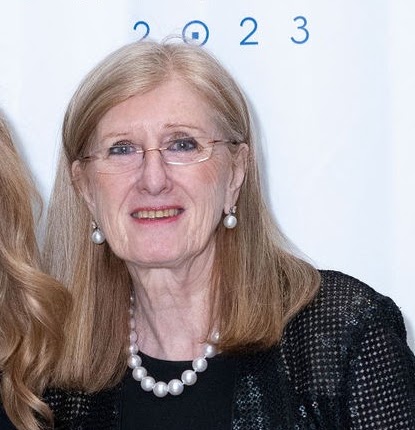
Schwartz, Edith
Fifty-one years ago I arrived in America from Budapest, Hungary and have lived in Philadelphia for over 45 years. The cities of Budapest and Philadelphia are near to my heart. My husband and I have built a property management company in the City of Philadelphia. In 2019, I accepted a position for the honorary consul for the Hungarian Government in the state of Pennsylvania. My goal is to promote individuals to bring Science, Culture and Business from Hungary to Pennsylvania. I enjoy educating my children and grandchildren with the culture of their heritage. I also promote the beauty and history of the City of Philadelphia to Hungary and the European Union. I am inspired by the Hungarian-Americans that have accomplished so much for the city that I serve: from Eugene Ormandy conducting the Philadelphia Orchestra; our recent Nobel Laureate Dr. Katalin Kariko; her daughter, two-time Olympic Gold Champion in Women's Rowing; and the athletic achievements of Daniel Gazdag with the Philadelphia Union.
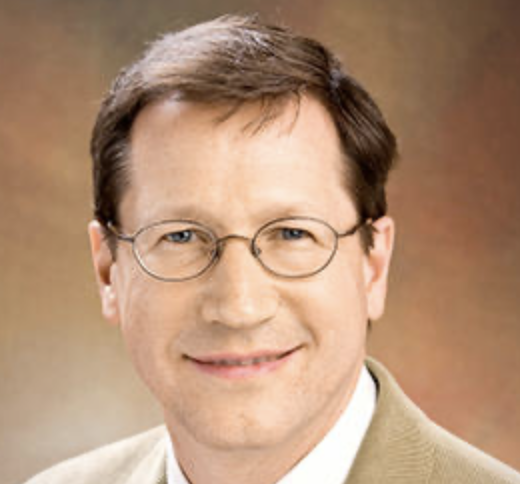
Stephen G, Somkuti
Stephen G. Somkuti M.D., Ph.D.
Professor, Obstetrics and Gynecology
Lewis Katz School of Medicine at Temple University
Clinical Asst. Professor, Obstetrics and Gynecology
Sidney Kimmel School of Medicine, Jefferson University
Attending, Division of Reproductive Endocrinology, Department of Obstetrics and Gynecology
Jefferson Abington Hospital
Abington, Pennsylvania

Stoll, Sharon
Dr. Sharon Stoll is a board-certified neurologist, neuro-immunologist. She currently serves as Director of Neurology at Stoll Medical Group in Philadelphia. For the past 8 years she worked as assistant professor, in the department of neurology at Yale School of Medicine. She completed her neurology residency training at Thomas Jefferson University Hospital in Philadelphia and her Neuroimmunology fellowship at Yale New Haven Hospital. Dr. Stoll played an active role in academic development and continuing medical education. She currently serves on several steering committees and advisory boards. Dr. Stoll has received numerous awards, including Top Neurologist, 40 under 40, the Rodney Bell teaching award, and is a national multiple sclerosis society grant recipient. Dr. Stoll is also a medical editor for Medscape and Healthline and previously worked as a medical editor for ABC News. She is also a medical commentator for several national and local news outlets, including ABC, NBC, and CBS News, and has been on a variety of shows, including "The Doctors".
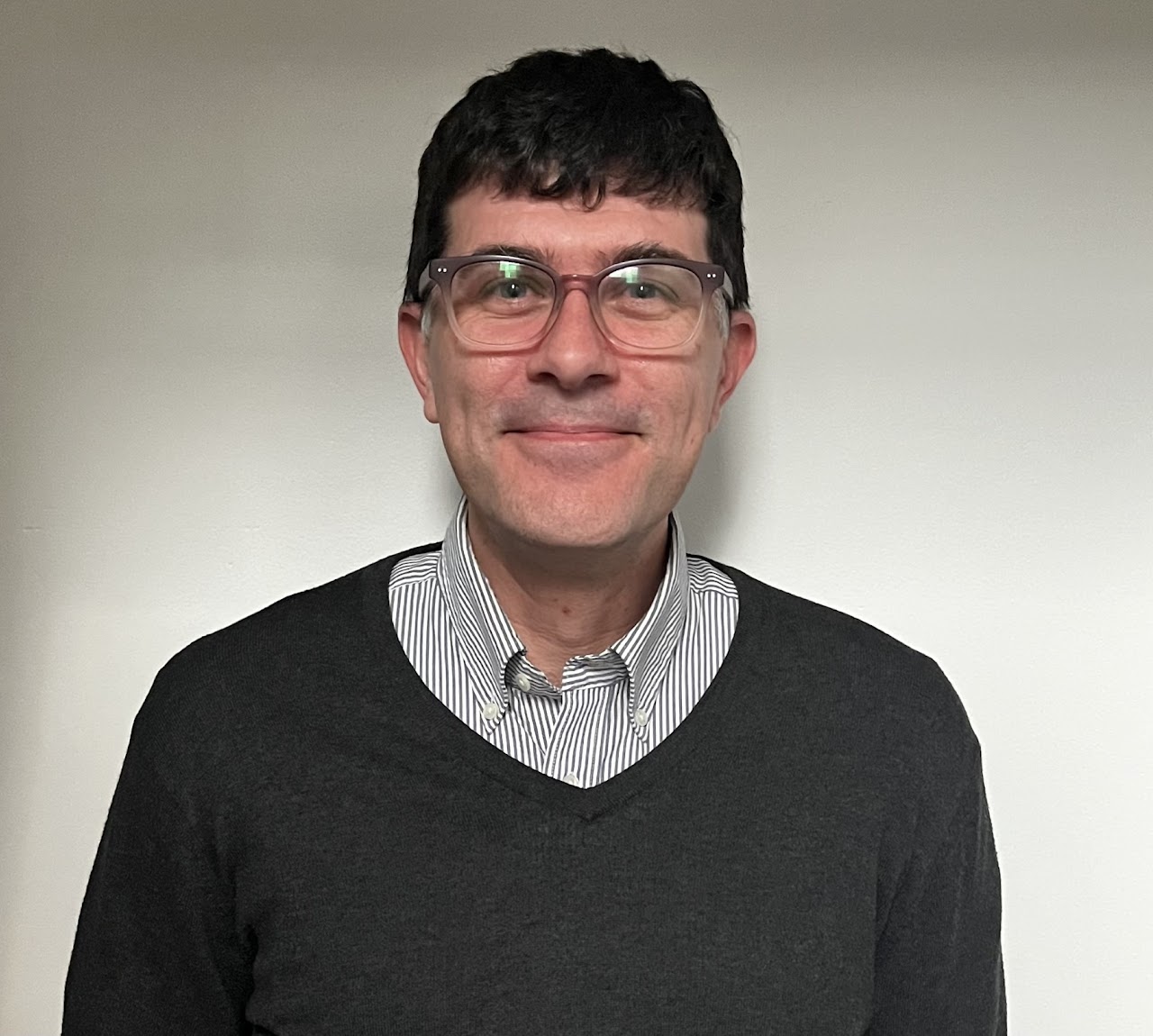
Stover, Matthew
Matthew Stover is an Associate Professor in the Mathematics Department at Temple University. He earned his undergraduate degree from the University of Chicago and a PhD in Mathematics from the University of Texas at Austin under the supervision of Alan W. Reid. Following a Research Assistant Professorship at the University of Michigan, he joined Temple in 2013 and has been invited to visiting positions at the Mathematical Sciences Research Institute, Indiana University, and Univeristé Grenoble Alpes. His research is on the connections between geometry, topology, and number theory, has been supported by several grants from the National Science Foundation and Simons Foundation, and was recently awarded the Temple College of Science and Technology Dean's Distinguished Excellence in Research Award.
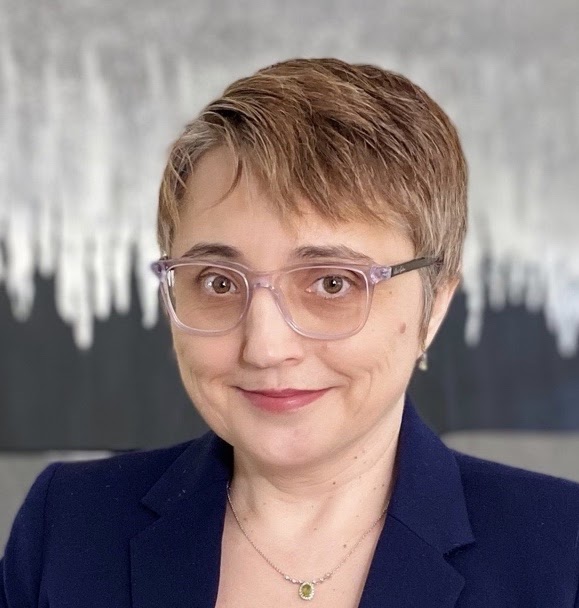
Susztak, Katalin
Katalin Susztak, MD, PhD is a Professor of Medicine and Genetics at the University of Pennsylvania, she is a physician scientist who aims to understand the genetics and molecular mechanism of kidney disease development, with the ultimate goal of finding new, more effective therapies. Dr. Katalin Susztak has made fundamental discoveries in defining the mechanisms of kidney disease with the potential to develop new, targeted therapies. She not only mapped the genetic architecture of kidney function, but also pioneered kidney tissue banking and the integration of single cell omics datasets for a deeper mechanistic understanding. Combining human genetics with state-of-the-art transcriptomic, epigenomic and single cell analyses, Susztak has identified nearly a dozen new kidney disease risk genes and established the previously unappreciated role of proximal tubule cells in kidney function regulation. Professor Susztak is member of the American Society of Clinical Investigators, American Associations of Physicians and recipient of the Osler Award of the University of Pennsylvania.
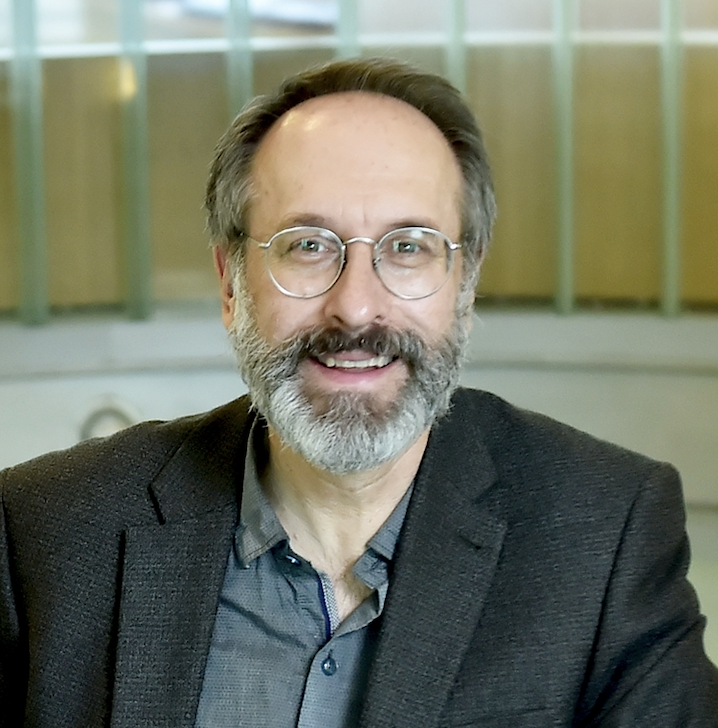
Vorosmarty, Charles J.
Vörösmarty's research centers on large scale climate-water interactions. As co-Chair of the Global Water System Project, he organized 100s of international experts to study freshwater resource security. In the United States, he served on the Artic Research Commission (appointed by Presidents Bush and Obama), NASA Earth Science Subcommittee, and National Research Council Committee on Hydrologic Science (as Chair). His recent work has aimed at introducing corporate environmental performance metrics into investment decisions made by the private sector within the impact investing domain. At the request of the High Level Panel on Water (11 heads of state) he provided advice on global sustainable water infrastructure investments. In March of 2019, he was awarded the Hungarian Order of Merit by then President János Áder for a lifetime of distinguished research and student training. In early 2023, he organized two panel discussions for the U.N. General Assembly on the climate-health and climate-water conflict nexus.
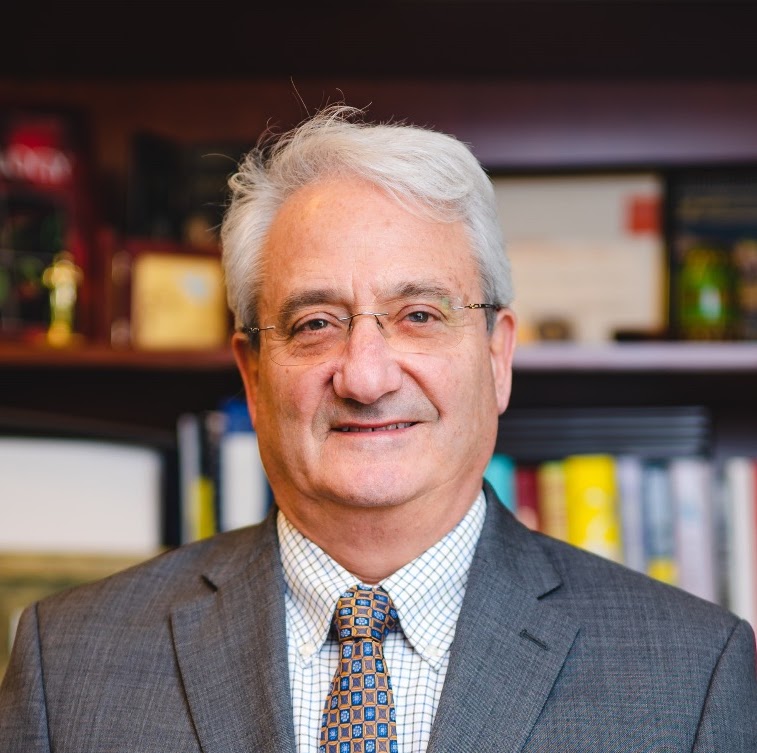
Weiner, David
Dr. Weiner directs a translational molecular immunology research group focused on synthetic nucleic acid approaches for disease prevention and treatment. His early work developed mAb targeting tumor antigens as well as viruses. His group went on to be one of the founding research teams in the field of Nucleic Acid Vaccines and Immune therapies. With collaborators he developed a pathway to the clinic enabling the first DNA vaccine trails for infectious diseases and for Cancer immune-therapy opening up clinical approaches for nucleic acid vaccines broadly. Dr. Weiner's resume includes publication of > 510 papers/chapters & reviews and he has provided > 850 lectures. Dr. Weiner has received several awards/honors relating to his research including Fellow of the AAAS-2011, Fellow of the International Society for Vaccines 2012, NIH Directors Translational Research Award-2011, Top 40 most influential Vaccine Scientists 2014, the Stone family award for Immunotherapy Cancer Research 2014, Vaccine Nations 50 influential vaccinologists 2015.
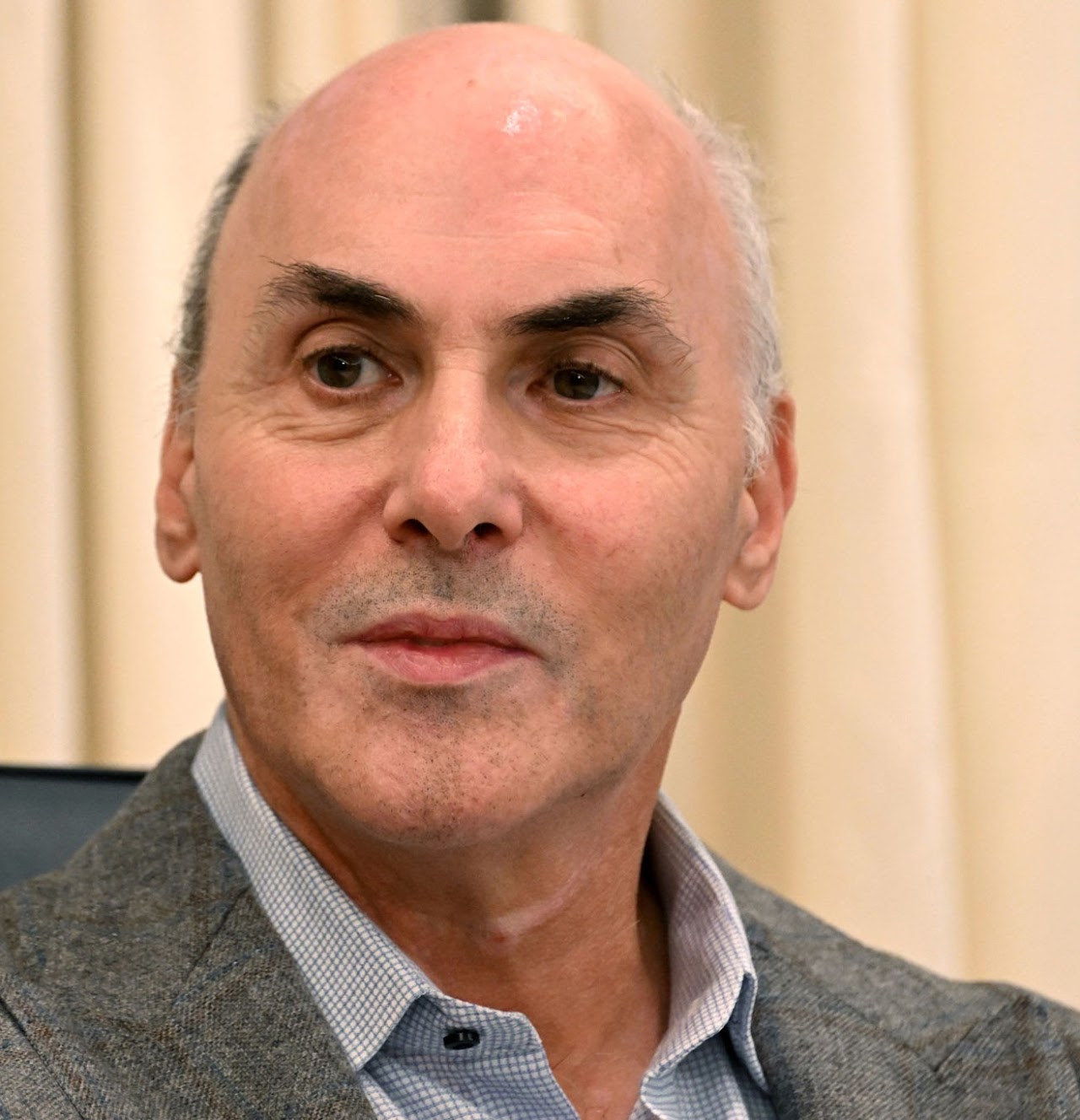
Weissman, Drew
Drew Weissman, MD, PhD, is a world-renowned physician and researcher at Penn Medicine, best known for his contributions to RNA biology and the COVID-19 vaccines. Weissman and Katalin Karikó, PhD, were jointly awarded the 2023 Nobel Prize in Medicine for their discoveries that enabled the modified mRNA technology being used in Pfizer-BioNTech and Moderna's vaccines to prevent COVID-19. Dr. Weissman and his team are currently at work on a pan-coronavirus vaccine to stop the next coronavirus epidemic, a universal flu vaccine, and a vaccine to prevent herpes. They are working with Penn colleagues to develop cancer therapeutics with mRNA technology. Weissman's lab is also developing a SARS-CoV-2 mRNA vaccine with Chulalongkorn University in Thailand to help residents of Thailand and other surrounding nations with fewer financial resources than the United States access lifesaving vaccines. Before joining Penn in 1997, Weissman was a fellow at the National Institutes of Health studying HIV in the lab of Dr. Anthony Fauci.
Nobel Prize
Every year, millions of people wait for the Nobel Prize winners to be announced. They are special, they do something unimaginable to solve fundamental problems, to discover something that can make humanity's life better.
Nobel Laureates have made groundbreaking contributions to their respective fields over the last century. They have often pioneered new theories, developed innovative technologies or made significant discoveries that have advanced human knowledge and understanding. They have a relentless desire to explore and understand complex phenomena and often push the boundaries of existing knowledge with their research and experiments. Many of them have faced numerous challenges and setbacks in their pursuit of excellence. However, they show remarkable perseverance in the face of adversity and are not discouraged by failures or obstacles in their path.
While the Nobel Prize often recognizes the genius of the individual, collaboration and effective communication are also crucial aspects of scientific and academic success. Many laureates have collaborated with colleagues, shared ideas and disseminated their findings through publications, conferences and public lectures. With their discoveries and innovations, they address pressing problems, improve human welfare or revolutionize entire fields, leaving a lasting legacy that extends far beyond their own lifetimes. They value honesty, integrity and transparency in their dealings with colleagues, peers and the public, and adhere to the principles of scientific integrity and academic rigor.
Overall, Nobel Laureates are characterized not only by their intellectual brilliance and scientific achievements, but also by their resilience, curiosity, collaborative spirit and commitment to advancing knowledge for the benefit of humanity. They are people who should be role models for the younger generation. If we can contribute to this goal with our modest means, then we will have achieved our goal. Two outstanding scientists and Nobel Prize winners are also taking part in this conference. In this way, we can encourage the younger and older generations to pursue their goals and learn from those who have dedicated their lives to the betterment of humanity.
